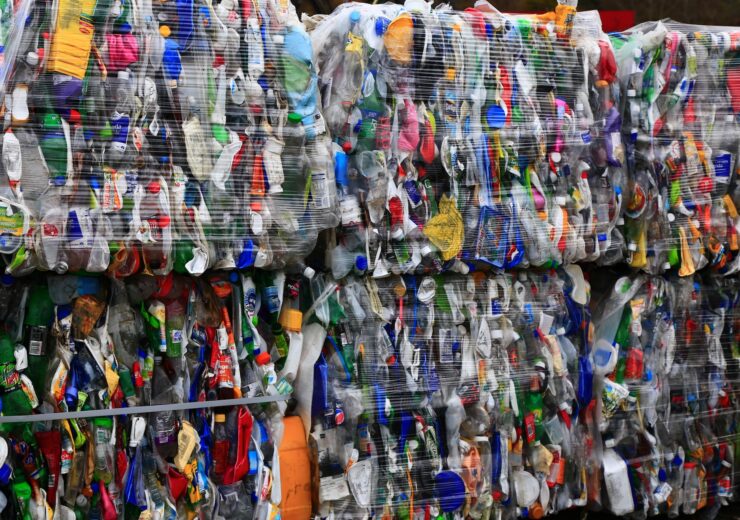The Colombia Plastics Pact aims to remove problematic and unnecessary plastics and convert all plastic packaging into reusable, recyclable or compostable formats

The Colombia Plastics Pact will address the negative environmental effects of plastics. (Credit: Nareeta Martin on Unsplash)
Colombia has introduced a Plastics Pact to address the negative environmental effects of plastics and supports international efforts to create a circular economy for plastics.
The Colombia Plastics Pact was designed and launched through a collaboration between the British climate action firm Waste and Resources Action Programme (WRAP) and the Business Commitment to Recycling (CEMPRE) with the support of UKRI.
With this Pact, Colombia becomes the second Latin American country to do so.
It will partner across the packaging value chain and bring together packaging companies, producers, traders, processors, academia, trade associations, NGOs, and the government in a shared vision.
Currently, the country produces 700,500 tonnes of plastic containers and packaging for the domestic market annually, but uses only 3% of it in packaging.
The Colombia Plastics Pact will address this discrepancy and advance the transition to a more circular economy for plastics.
Under the pact, the Latin American country will remove problematic and unnecessary plastics and convert all plastic packaging into reusable, recyclable or compostable formats.
Additionally, Colombia will grow its plastic recycling rate to 50%, and the average recycled content of plastic packaging to 30%.
WRAP international director David Rogers said: “We are delighted to work with CEMPRE to launch the Colombian Plastics Pact. Tackling plastic pollution requires a collaborative joined-up approach between businesses, policymakers and citizens and the Pact will provide the mechanism for driving real, long-term change.
“The Colombian Plastics Pact joins a growing network of Pacts around the world. This network allows us to share ideas and solutions and increase the speed of change.”
As of now, the Pact has already added major businesses operating in Colombia including Nestlé, Carvajal, Coca-Cola, Plastisol, etc.
UK-based WRAP said that these firms will advance a series of science-based targets to minimise plastic impact in the country and develop a more circular approach to the commercial use of plastics.
The Colombia Plastics Pact is expected to bolster the growing network of international Plastic Pacts.
